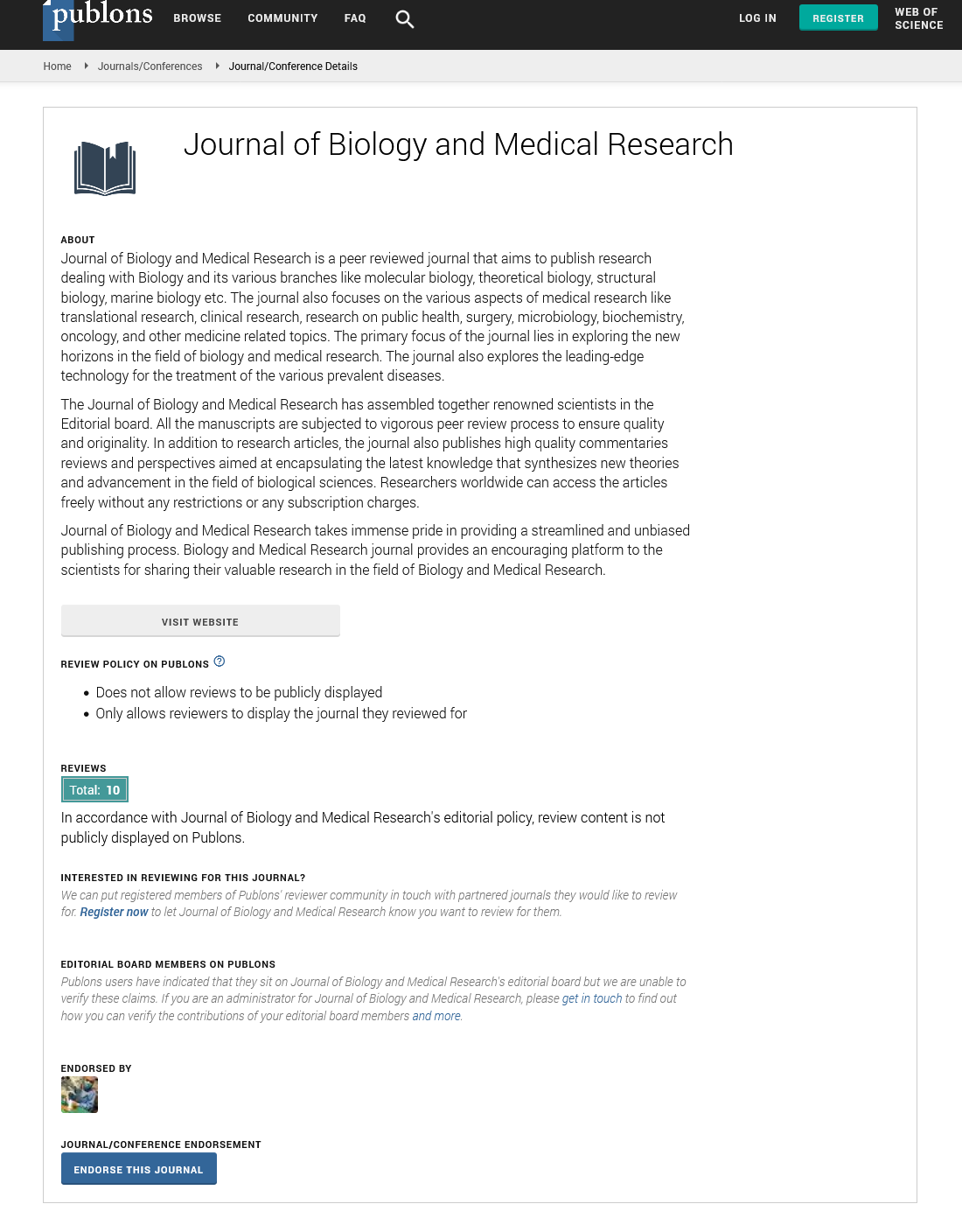Abstract
Effects of Vitamin D Combined with Aspirin or Atorvastatin on Plasma Lipid Profiles and Lipid Peroxidation in Triton-X Induced Hyperlipidemia in Rats
Vitamin D deficiency as an independent cardiovascular risk factor has been associated with increased risks of cardiovascular events. The present study assessed the modulatory effects of post-treatment of vitamin D alone and with aspirin or atorvastatin on triton-X-induced hyperlipidemia in rats. Forty-Nine Wistar rats were divided into seven experimental groups of seven per group. Group A, control negative group, received no treatment. Group B-G received triton (400 mg/kg) to induce hyperlipidemia. Groups C, D and E were post-treated with vitamin D only (200 IU/kg), aspirin only (1 mg/kg), atorvastatin only (10 mg/ kg) respectively. Groups F and G were post-treated with vitamin D in combination with either aspirin or atorvastatin. Results obtained showed increased MDA (an indicator of lipid peroxidation) levels in group B animals [rats that received triton (400 mg/kg) only and not treated with any drug] by 77.4% and an elevation of low density lipoprotein (LDL) by 65.8% when compared with control negative group (p<0.05). Similarly, high density lipoprotein (HDL) deceased in this group of rats that received triton only (p>0.05). Vitamin D (200 IU/kg), aspirin (1 mg/kg) and atorvastatin (10 mg/kg) did not significantly (p>0.05) alter total cholesterol TC, TG, HDL, LDL and malondialdehyde (MDA) levels respectively when administered alone. However, Vitamin D plus aspirin or atorvastatin treated animals reduced triton-induced lipid profile and MDA, although not statistically significant (p>0.05). In conclusion, this present study suggested vitamin D possesses lipids and lipid peroxidation lowering activity. Thus, vitamin D supplementation could offer chemoprevention in this condition.
Author(s): Aduragbenro Deborah Adedapo and Olumuyiwa Ope Ogunfowora
Abstract | Full-Text | PDF
Share This Article
Google Scholar citation report
Citations : 80
Journal of Biology and Medical Research received 80 citations as per Google Scholar report
Journal of Biology and Medical Research peer review process verified at publons
Abstracted/Indexed in
- Google Scholar
- Publons
Open Access Journals
- Aquaculture & Veterinary Science
- Chemistry & Chemical Sciences
- Clinical Sciences
- Engineering
- General Science
- Genetics & Molecular Biology
- Health Care & Nursing
- Immunology & Microbiology
- Materials Science
- Mathematics & Physics
- Medical Sciences
- Neurology & Psychiatry
- Oncology & Cancer Science
- Pharmaceutical Sciences
